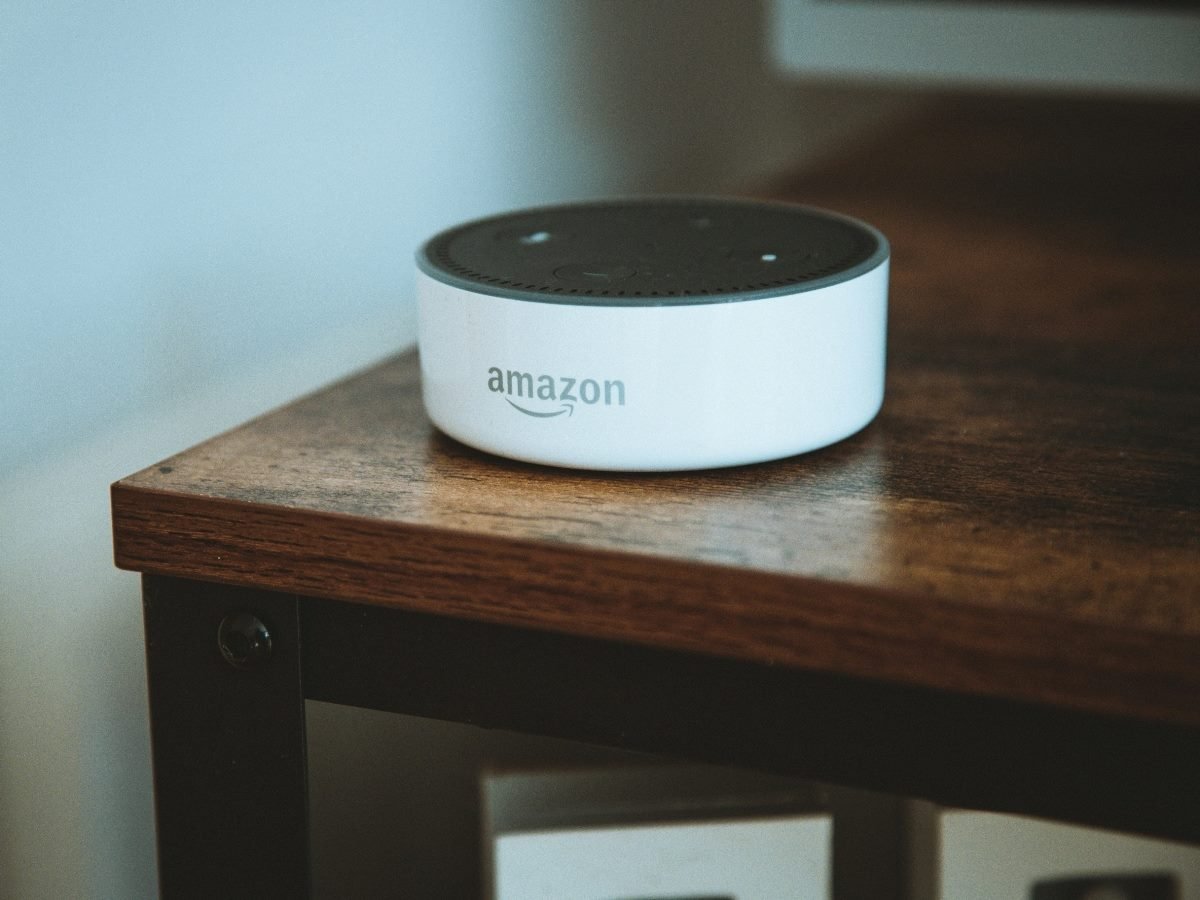The Gist
- Amazon unveils Alexa+. The latest Alexa update integrates generative AI, enhancing its contextual awareness and real-world functionality.
- Live demos showcase capabilities. Amazon demonstrated Alexa+ performing tasks like booking rides, making reservations and sending messages via voice commands.
- Amazon's advantage: data and devices. With extensive user data and over 600 million Alexa-enabled devices, Amazon could lead in AI assistants.
Amazon has unveiled a long-awaited Alexa update, finally integrating cutting edge generative AI into its pioneering voice bot. On stage, the company’s executives showed Alexa hailing a cab, researching baseball tickets, making a restaurant reservation and sending a text — all via voice command.
The Alexa presentation was slick, but felt similar to those at recent developer events from Apple, Google, Meta and OpenAI. All these companies want to build contextually aware assistants that help you get things done in the real world.
And to date, none have fully delivered.
But Amazon does have a chance to be the company that pulls it off. For one, it presented working demos of its product — which it promised would go live next month — not just videos and a vision. The company also has a massive amount of information about what we do and like, knowing our shopping habits, entertainment preferences and more via Amazon services that plug into Alexa.
And it has hundreds of millions of Alexa devices around the world waiting to become more useful.
“You have music, shopping, movies. These are real things that people love doing in the home,” Panos Panay, Amazon’s head of devices and services, told me, speaking of Amazon’s proprietary services. “I don't think there's anyone close to be able to understand your home as Amazon, as Alexa.”
Related Article: Can Amazon's Alexa Claude AI Integration Really Be That Remarkable?
Table of Contents
- Amazon’s Edge: Data and Devices
- How AI Could Transform Alexa’s Capabilities
- Core Questions About Amazon’s Alexa+ AI Update
Amazon’s Edge: Data and Devices
To be useful to you, a contextually aware AI assistant must understand your context. And Amazon has heaps of data that could help Alexa figure it out. If you’re a Prime member — of which there are hundreds of millions — Amazon might know what you watch, listen to, read and do for leisure. Plus who’s coming in and out of your home. Then, there are thousands of third party services that already integrate with Alexa.
With the implementation of modern LLMs, Alexa could go from a "set a timer" app to something that, at the most ideal state, might call a repairman and get the right part to your home just as he arrives.How AI Could Transform Alexa’s Capabilities
The biggest liability for Amazon, of course, is that it doesn’t have a phone, limiting Alexa’s ease of use outside of the home. Google and Apple’s assistants are always available to people who carry their mobile devices, yet Amazon can’t build Alexa into a mobile operating system. The default on those operating systems matter, which is why Google pays Apple billions of dollars to be the default search engine on iPhones.
Amazon, understanding this, is releasing a web version of the new Alexa, available at Alexa.com, and already has a mobile app, giving it a chance to play on the phone — and elsewhere — if its assistant is good enough.
“We have the Alexa app on the phone. And with one touch of the button on your iPhone, you're having the same conversation,” Panay said. “You're actually carrying the conversation from your home to your phone to your car to your PC with Alexa.com.”
Amazon might also benefit from not being locked into a mobile operating system in that it can integrate everything and not privilege its own productivity services. At the Alexa release event last Wednesday, Amazon Prime head Jamil Ghani told me his family uses a Google calendar with Alexa at home, for instance.
Amazon also has 600 million+ Alexa-enabled devices in the world. So a software update that makes them more useful could instantly vault Alexa toward the top of the category given the latent demand. But as with its tech giant counterparts, the proof of the new Alexa’s viability will be in the experience itself. Until Amazon turns on Alexa+ — as it’s calling it — for the public, we’ll have to reserve judgment. But it certainly has a chance to get this right.
Amazon’s devices head Panos Panay and Alexa head Daniel Rausch will join Big Technology Podcast for a deep discussion about the rearchitecture of Alexa. You can find the show on Apple Podcasts, Spotify, or your app of choice.
Core Questions About Amazon’s Alexa+ AI Update
Editor's note: Key questions surrounding Amazon’s integration of generative AI into Alexa and its impact on the smart assistant landscape.
How does Alexa+ differ from previous versions?
Amazon has integrated generative AI to enhance Alexa’s contextual awareness, enabling more sophisticated real-world interactions, such as booking rides and making reservations.
What advantages does Amazon have over its competitors?
Amazon benefits from deep customer insights, a vast ecosystem of Alexa-enabled devices, and strong service integrations, allowing it to offer a more personalized AI assistant experience.
What are the challenges facing Alexa+ adoption?
Unlike Apple and Google, Amazon lacks a mobile operating system, which could limit Alexa’s seamless use outside the home. The company is addressing this with a web version and mobile app.
How will Alexa+ impact consumer privacy?
With access to vast user data, including shopping habits and home activity, Amazon must navigate privacy concerns while providing personalized AI-driven assistance.
When will Alexa+ be available to the public?
Amazon has promised a rollout next month, with updates set to transform existing Alexa devices into more advanced AI-powered assistants.
Learn how you can join our contributor community.
